CHCECE001: Cultural Competence in Early Childhood Education & Care
VerifiedAdded on 2023/06/18
|13
|668
|203
Report
AI Summary
This report provides an overview of cultural competence within the context of early childhood education, adhering to the CHCECE001 unit requirements. It examines relevant legislation such as the Education and Care Services National Law 2010 and the Racial Discrimination Act 1975, emphasizing the importance of valuing Aboriginal culture and ensuring equality. The report also outlines key policies and procedures related to privacy, interactions, and communication with families. Furthermore, it suggests practical methods for educators to enhance their cultural competence, challenge discriminatory comments, and create inclusive classroom environments. Support agencies like Child Australia and Community Early Learning Australia are highlighted as resources for educators. The conclusion reiterates the significance of educator knowledge regarding legislation, maintaining privacy, and fostering a safe, culturally sensitive environment for children, accompanied by a list of references.
1 out of 13
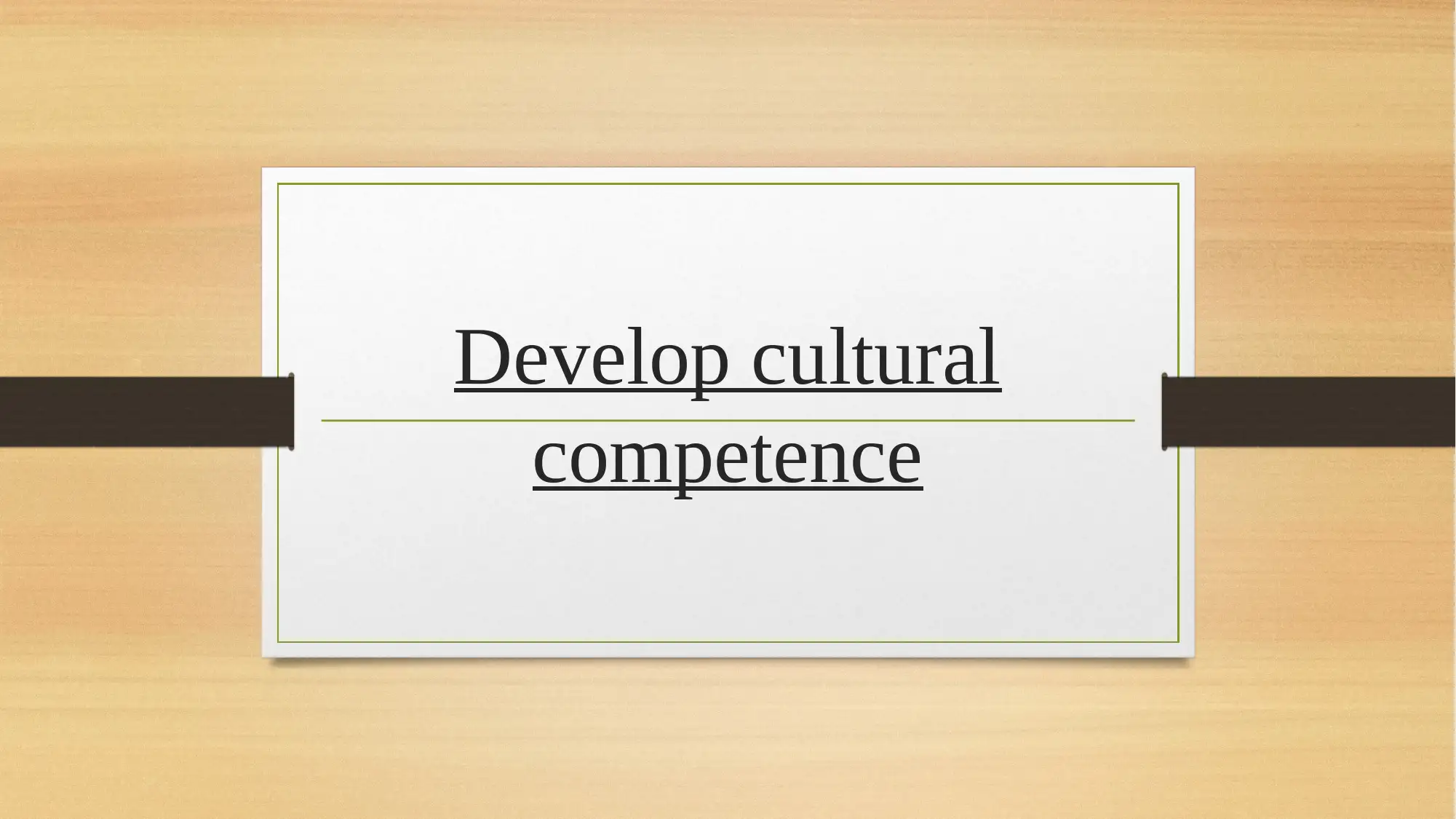
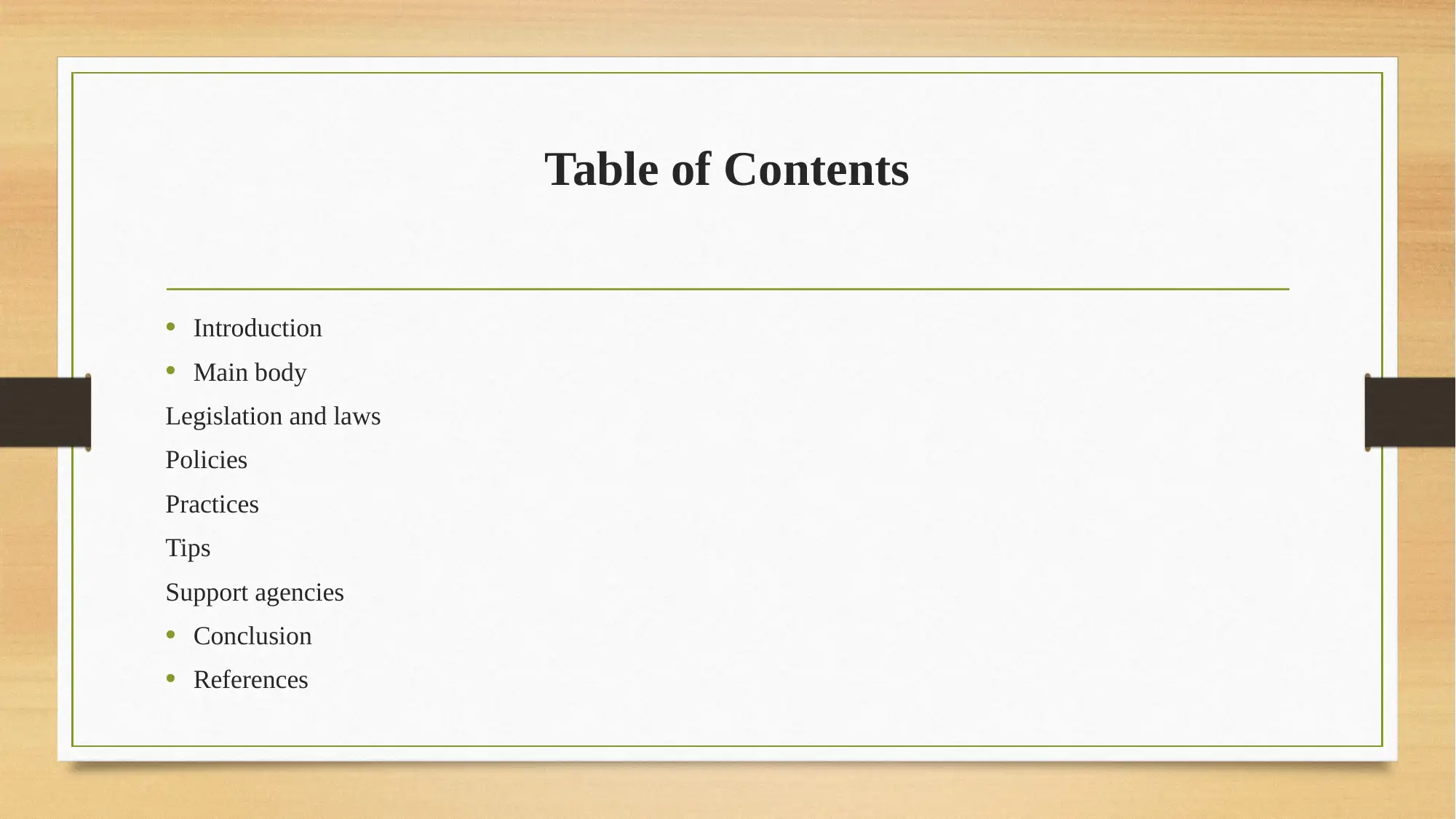
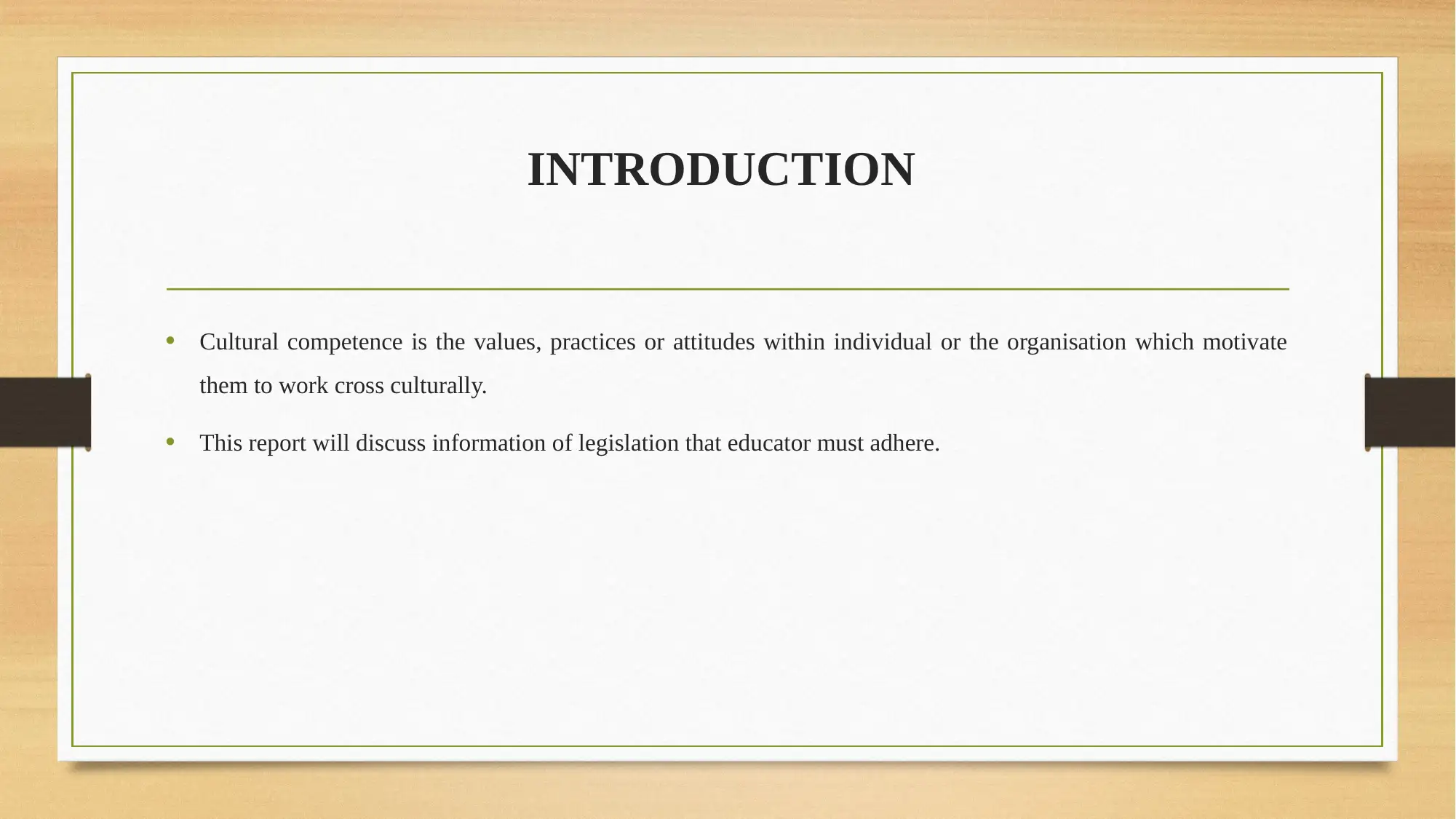

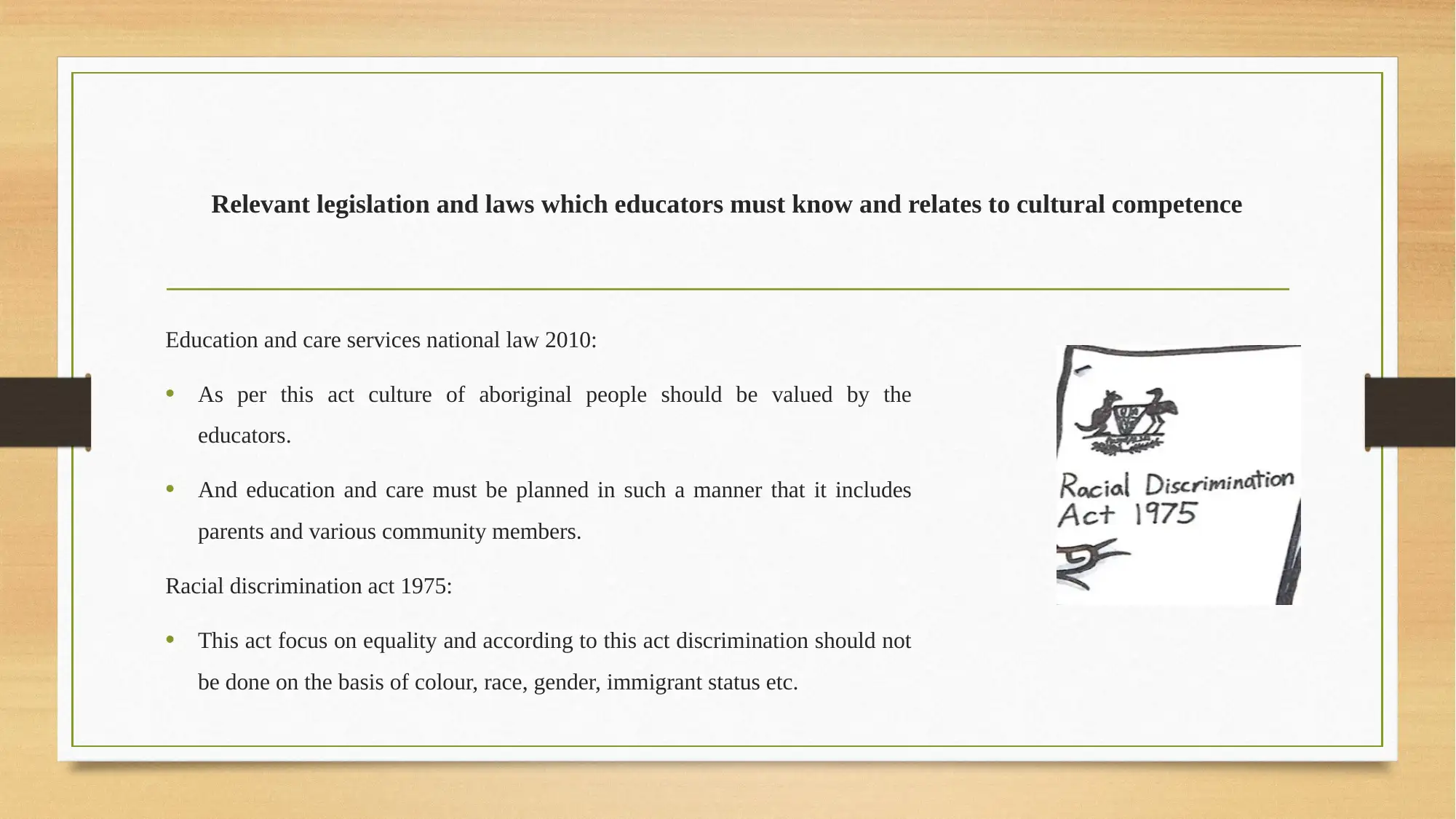
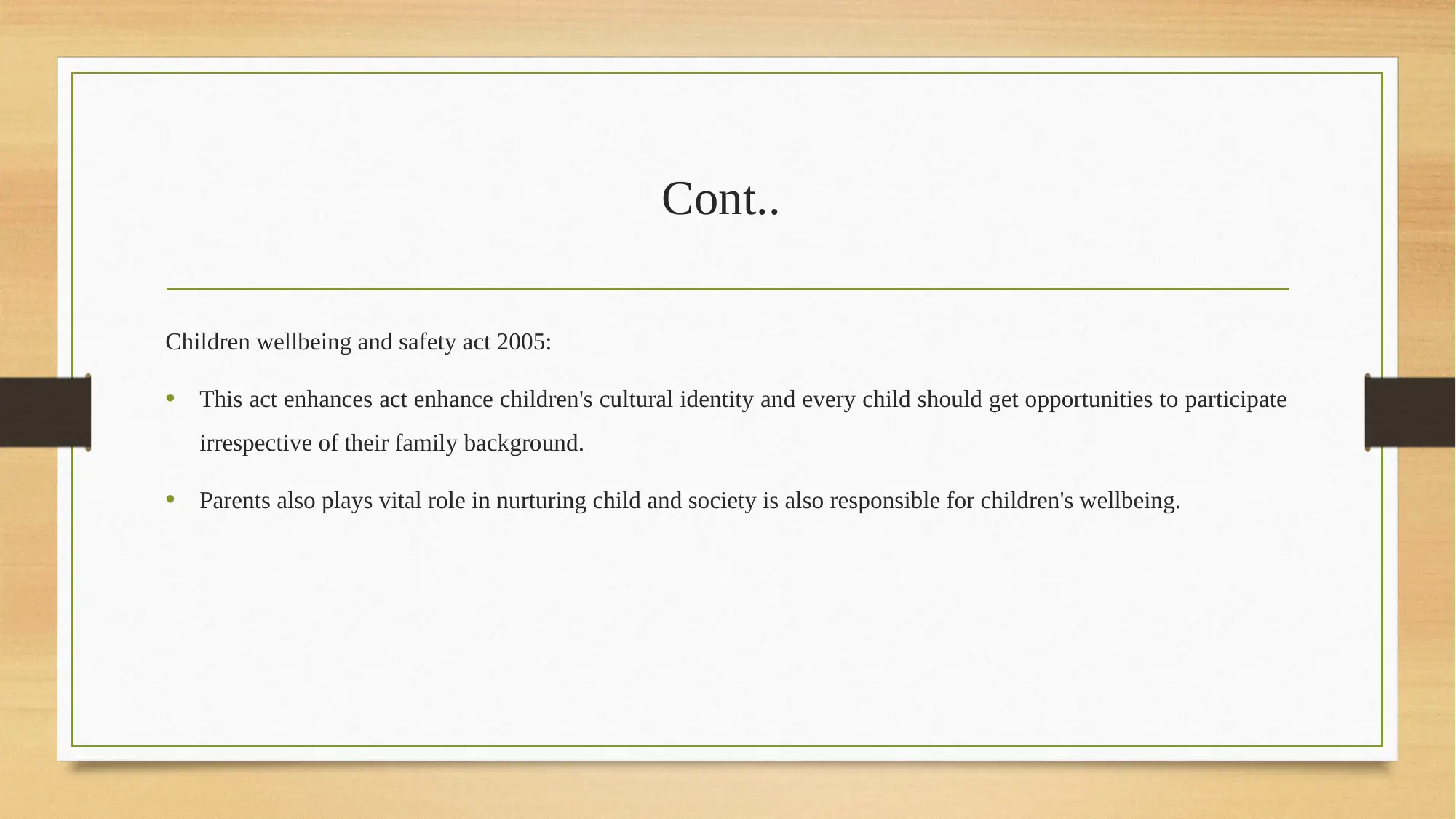
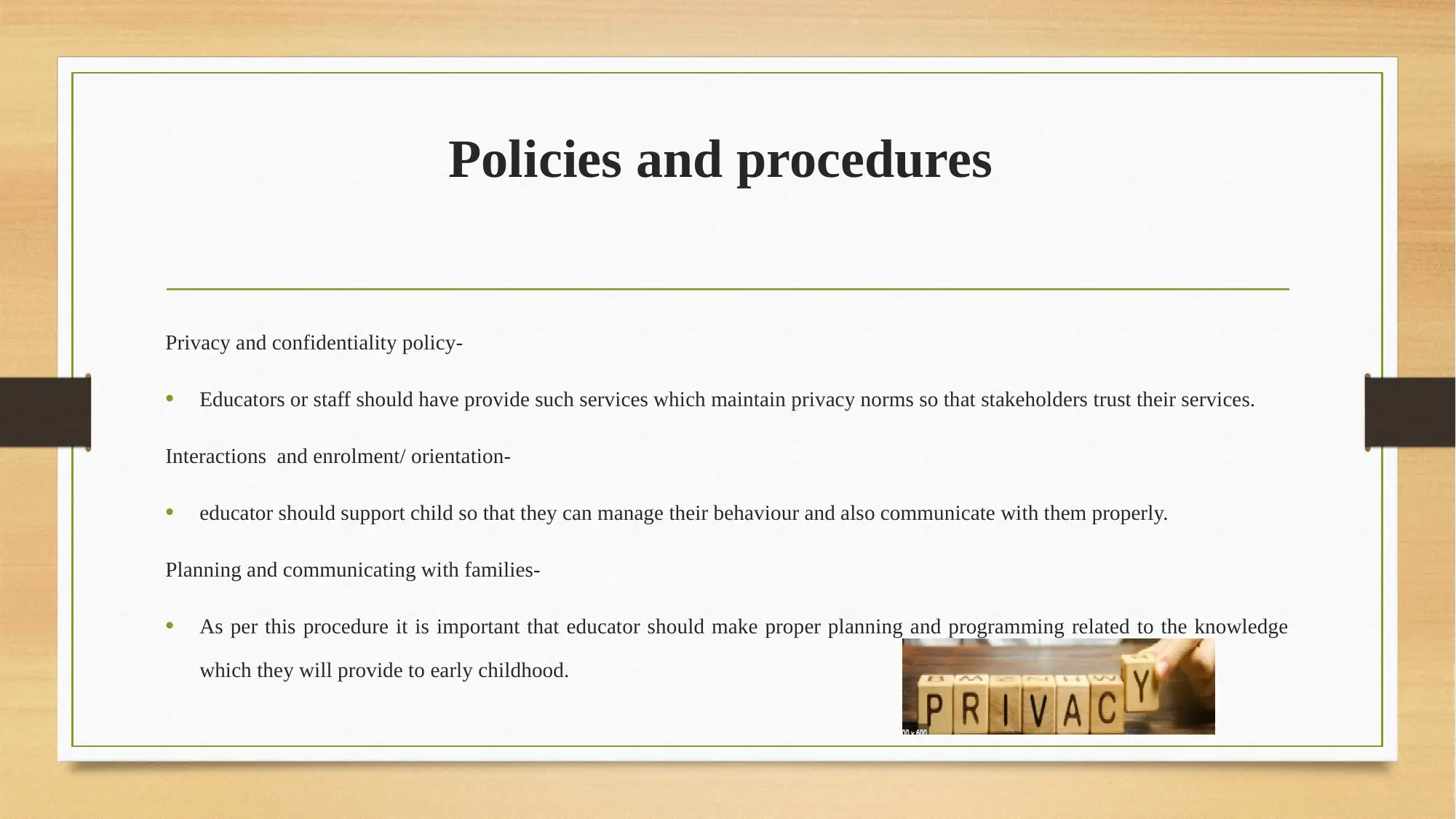
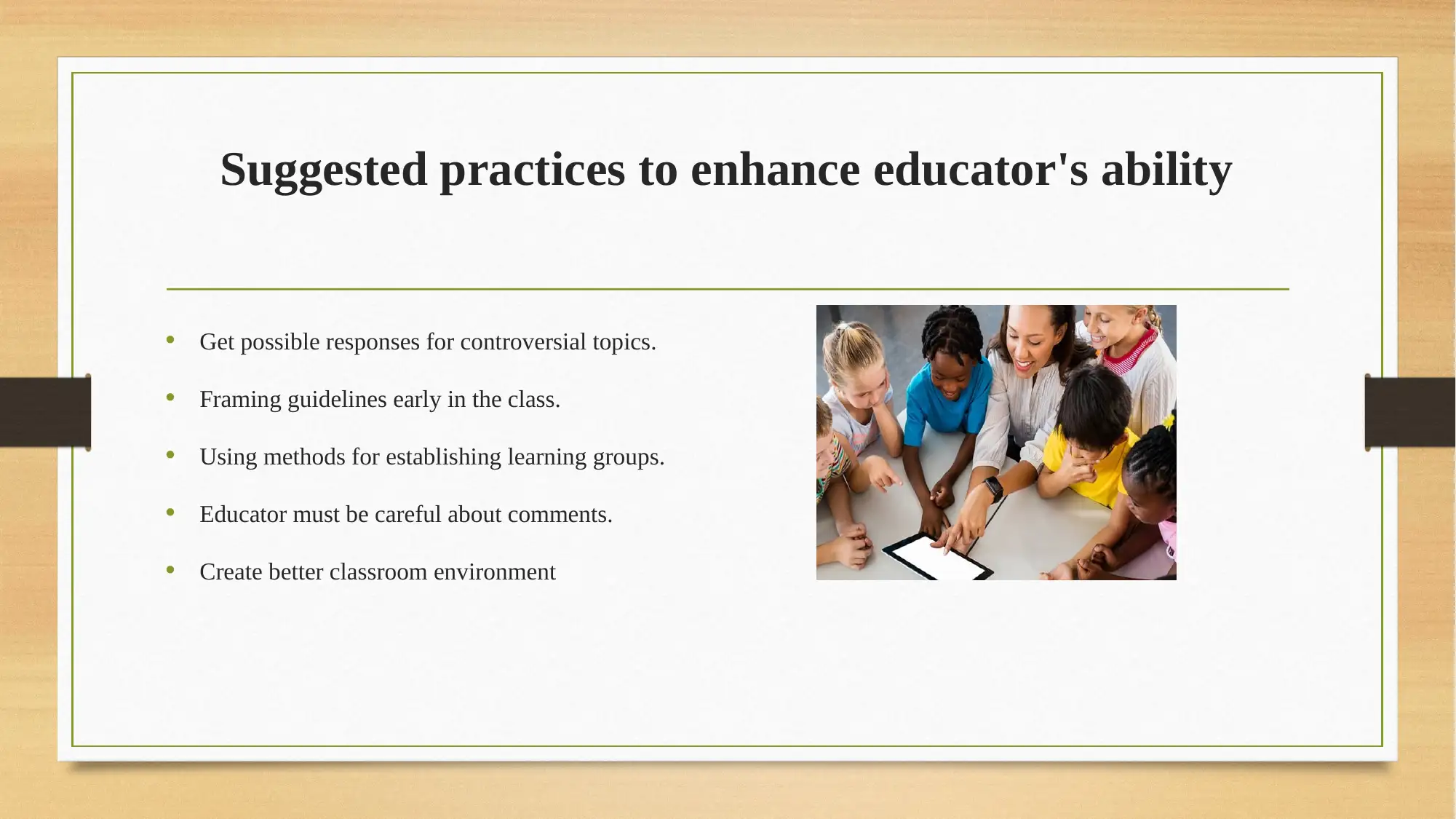
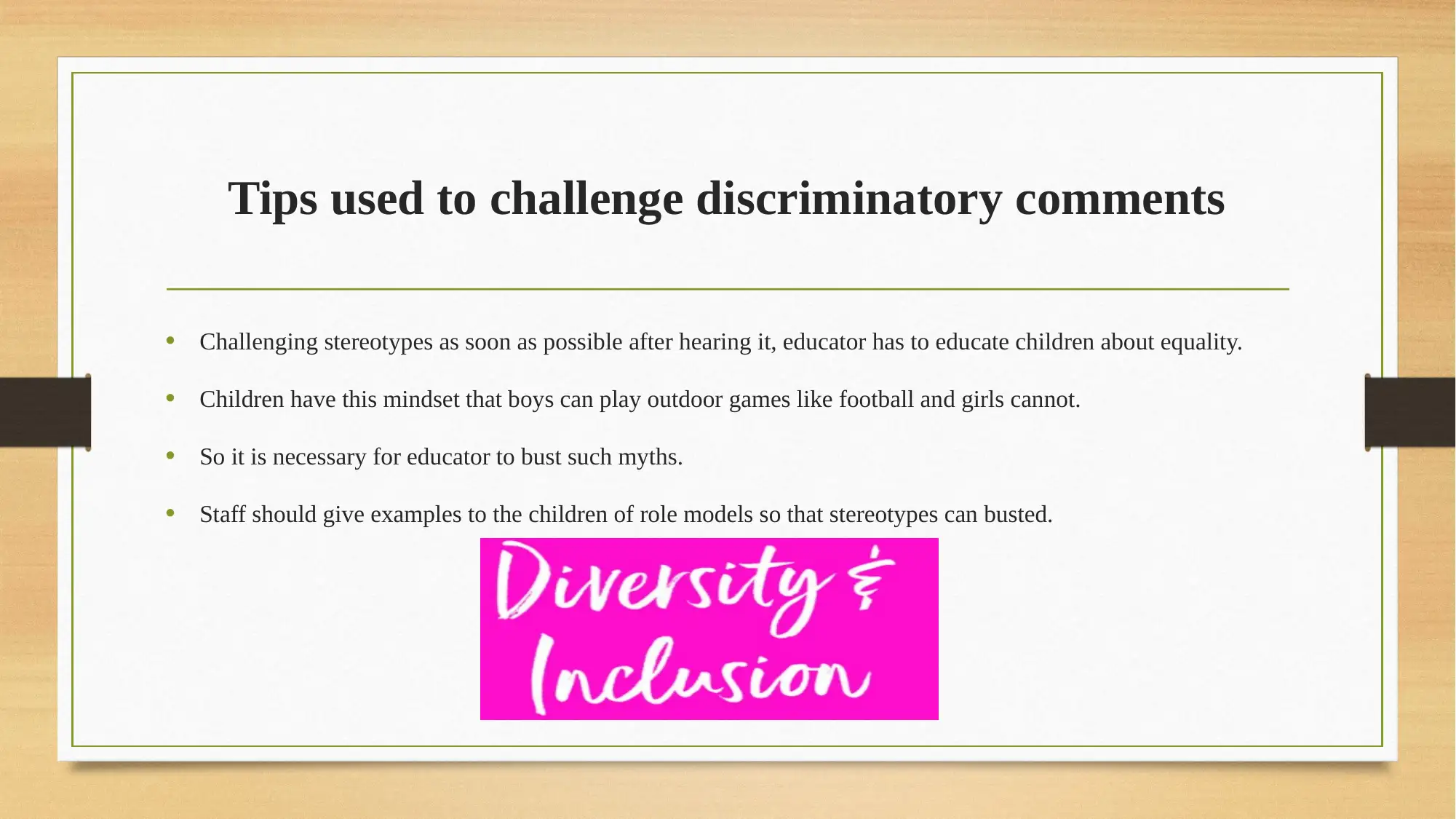
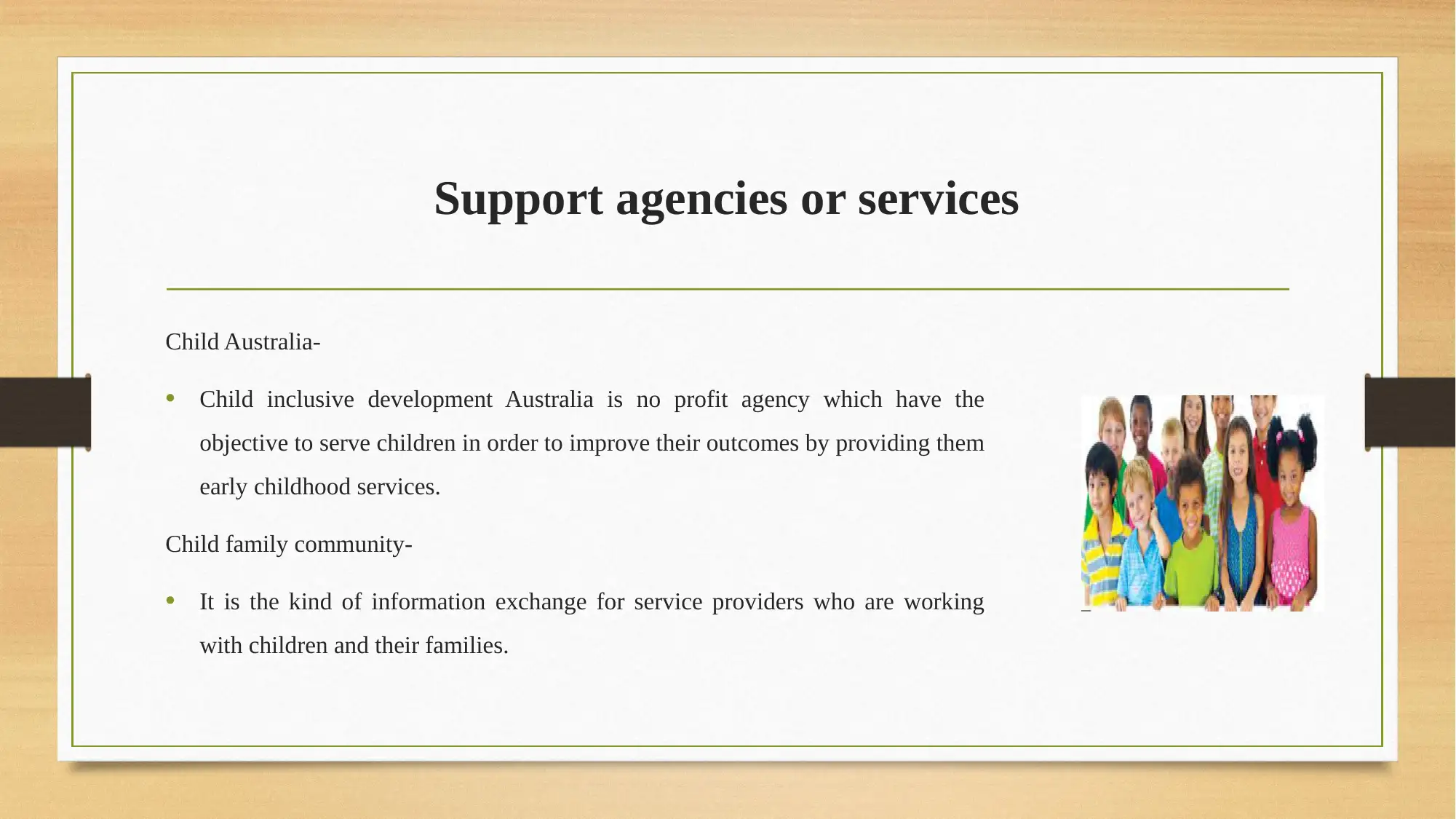
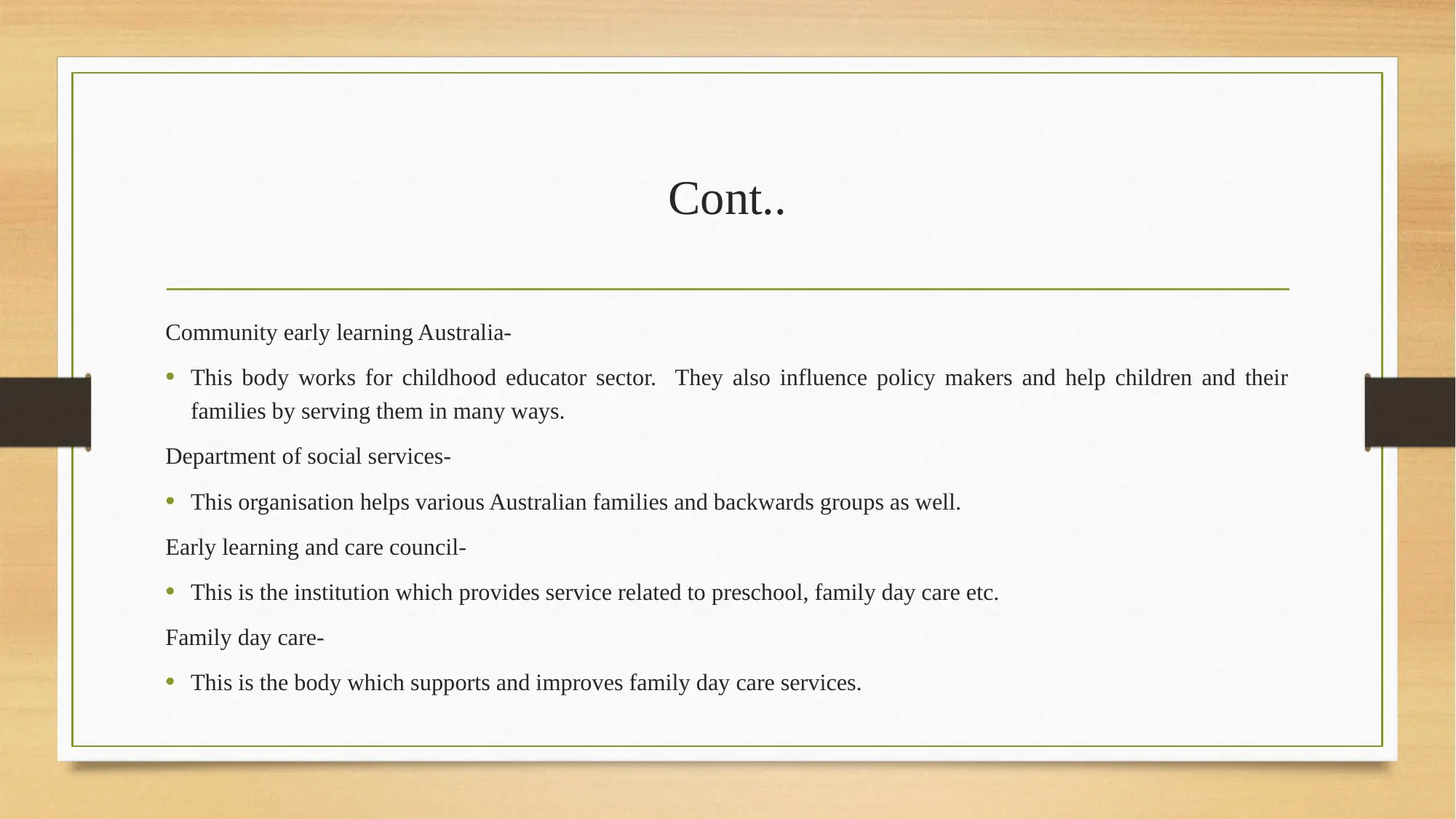
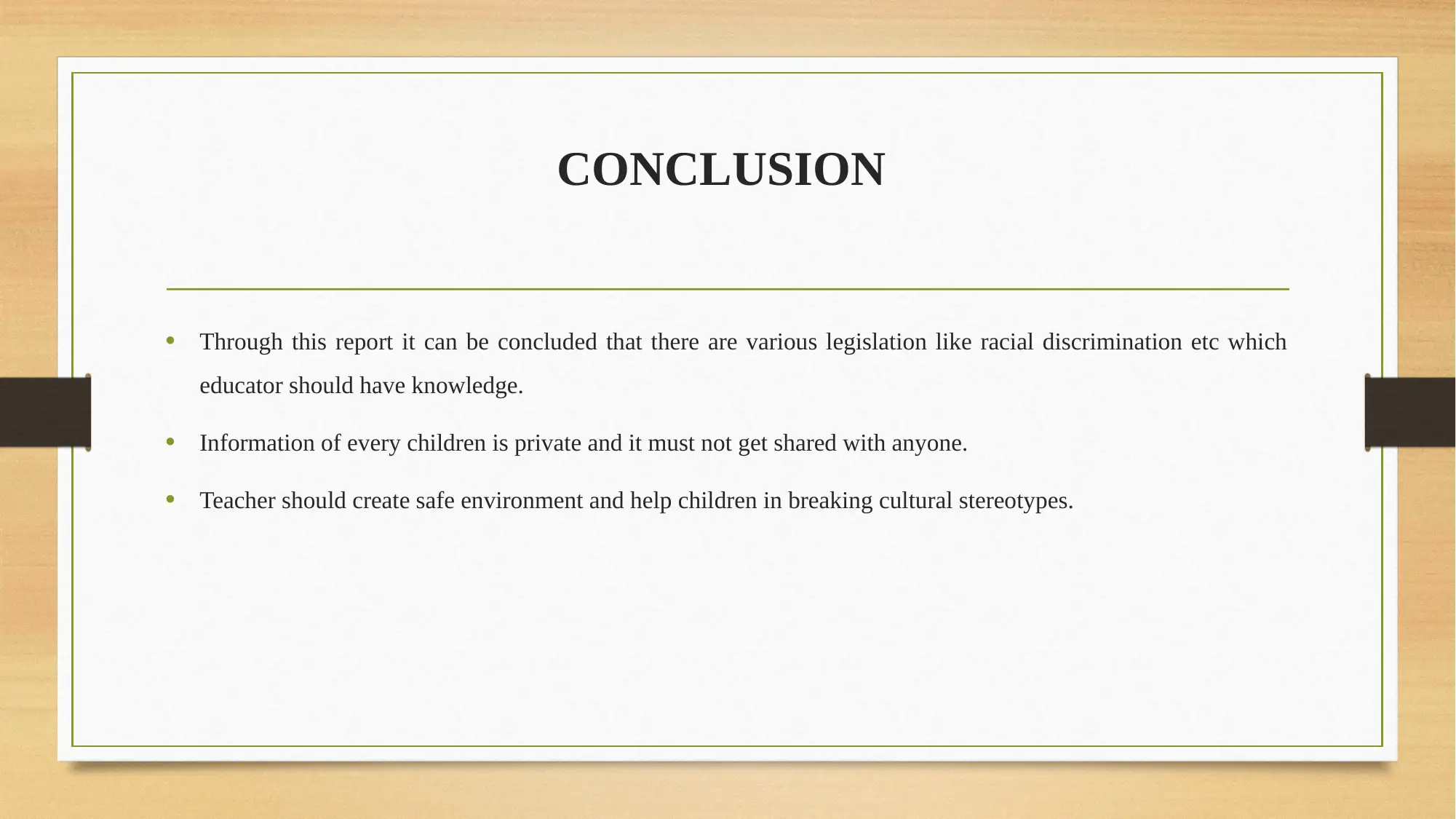
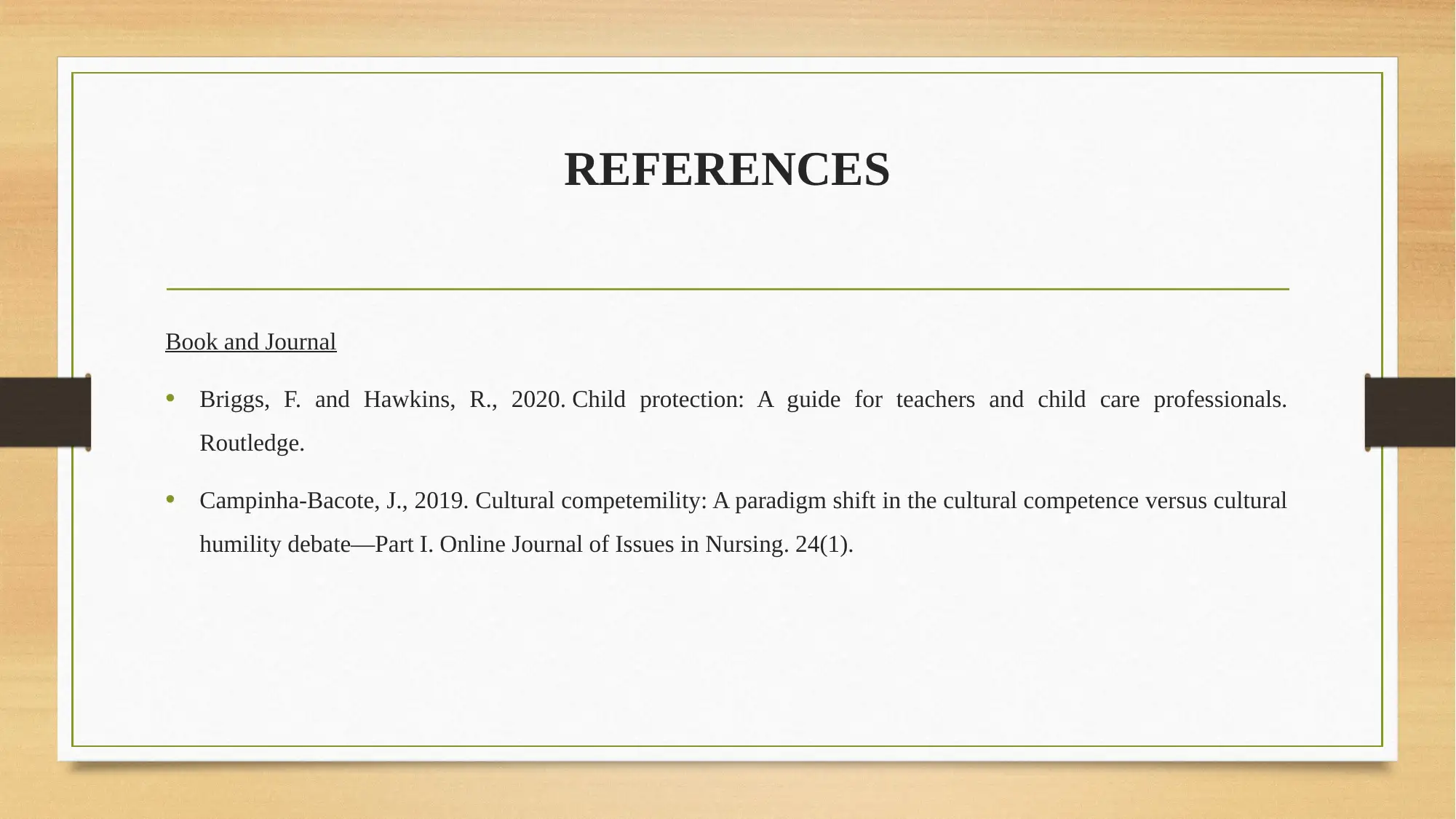




![Diploma in Early Childhood Education Assignment - [University Name]](/_next/image/?url=https%3A%2F%2Fdesklib.com%2Fmedia%2Fimages%2Fim%2F9ec57b9d282b457796267c3de395758c.jpg&w=256&q=75)

![[object Object]](/_next/static/media/star-bottom.7253800d.svg)